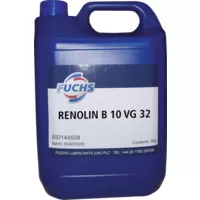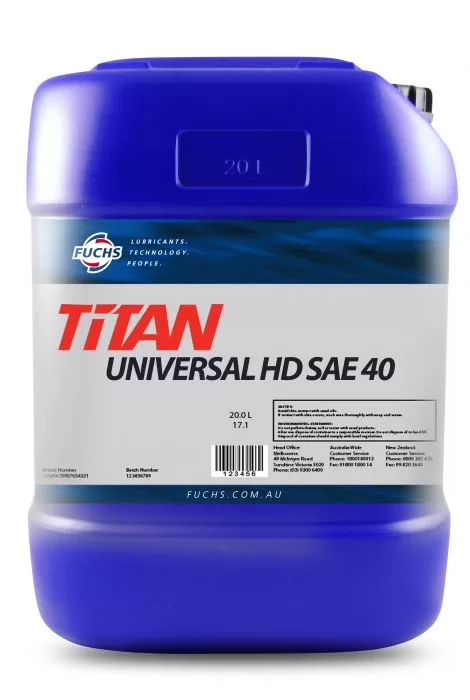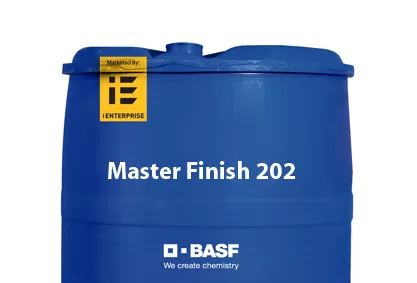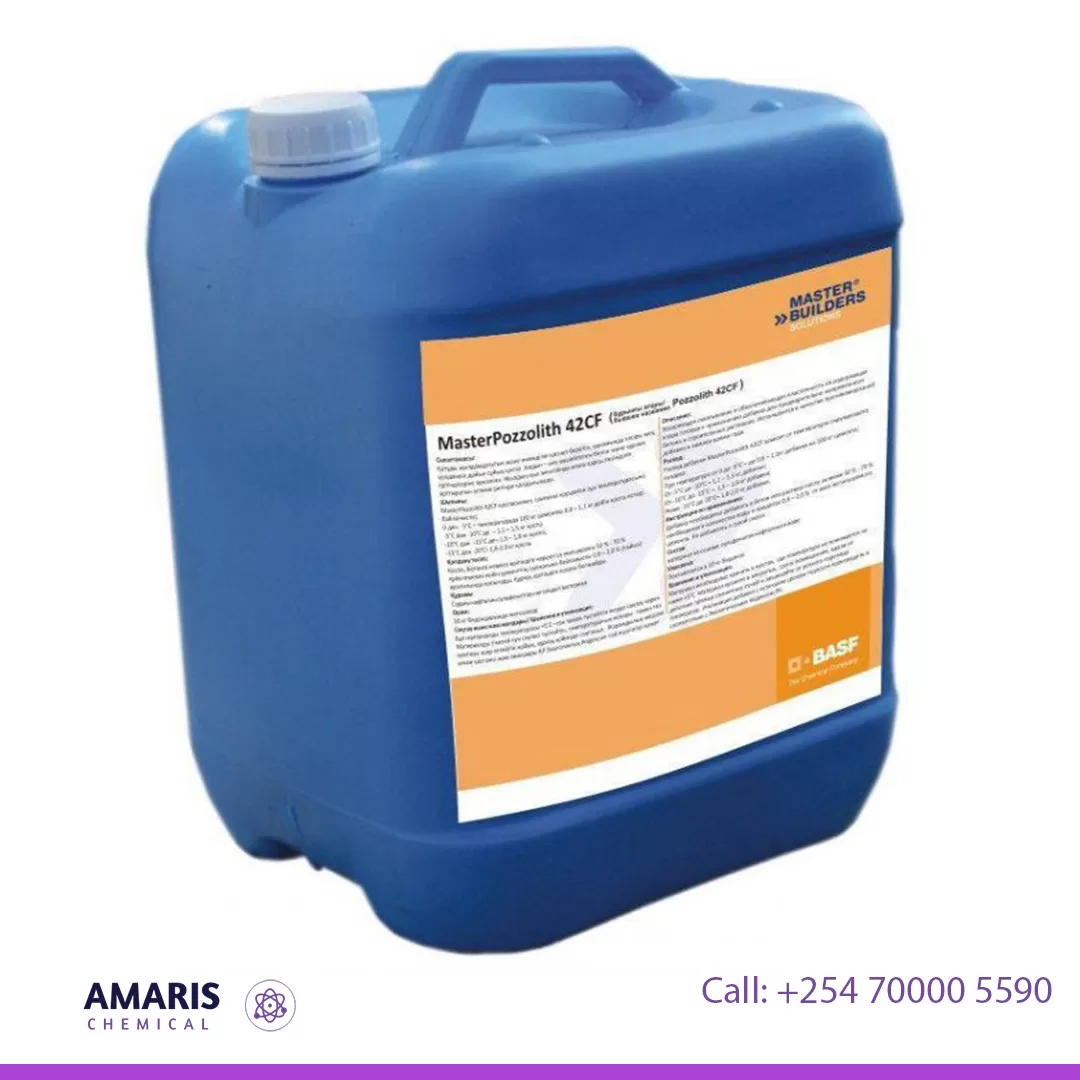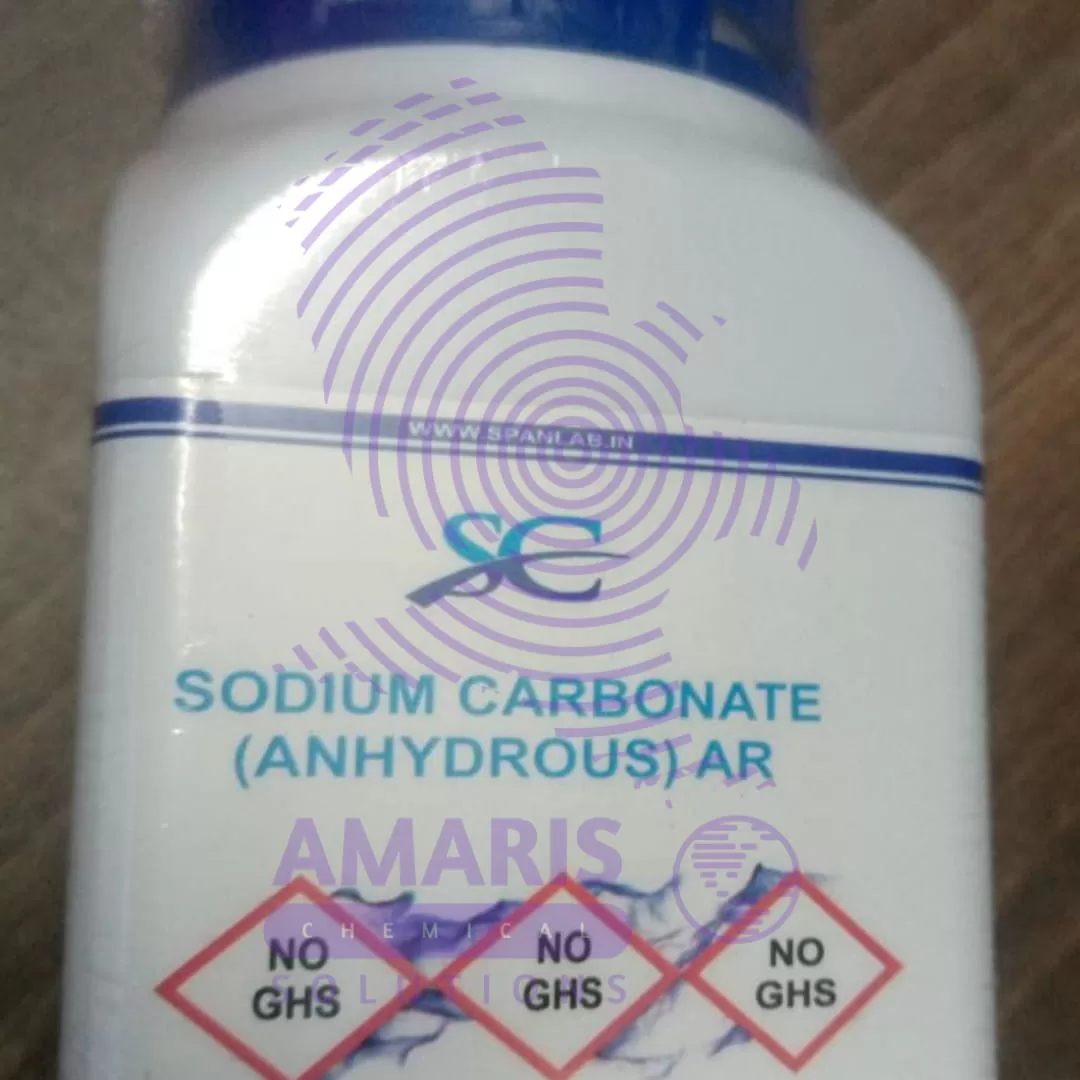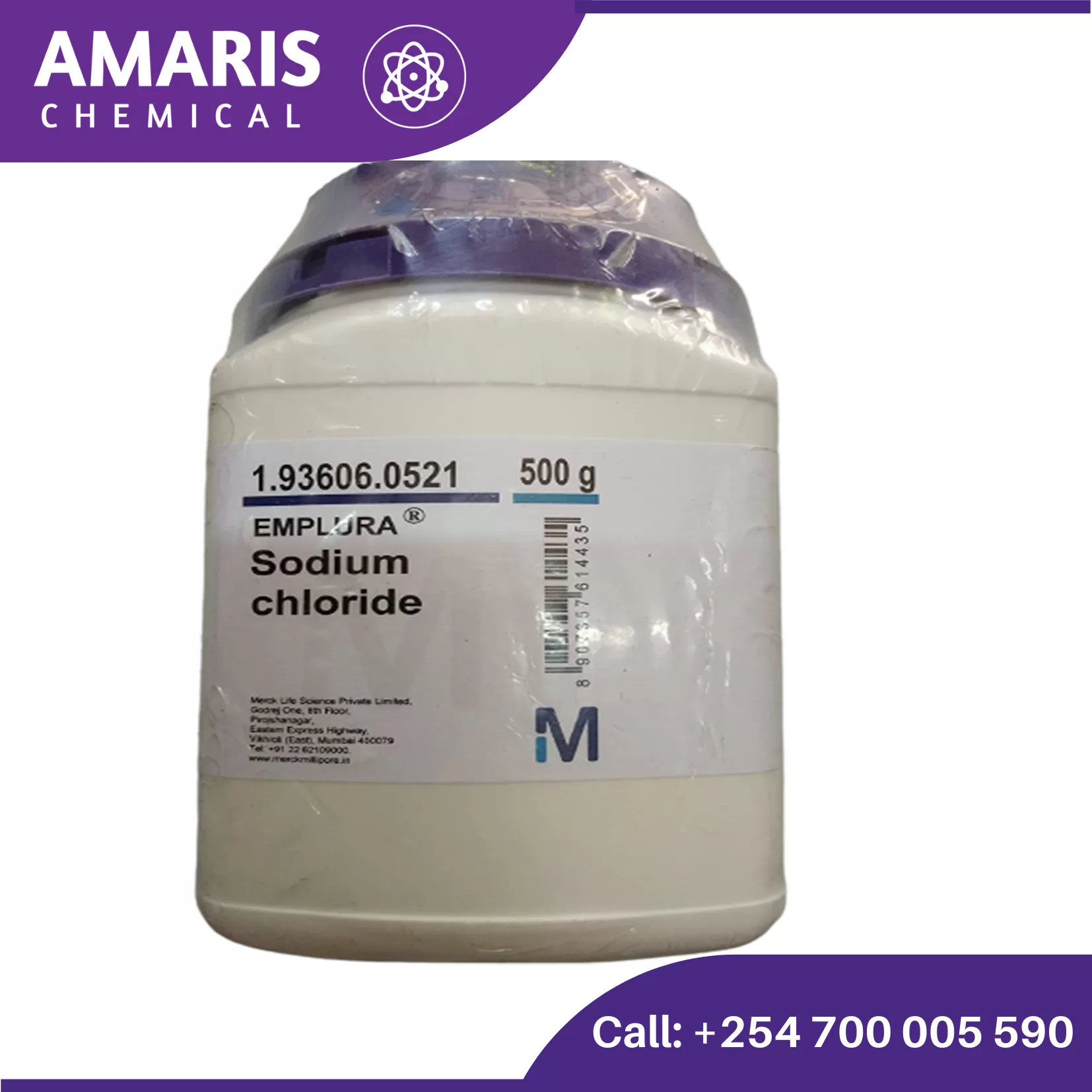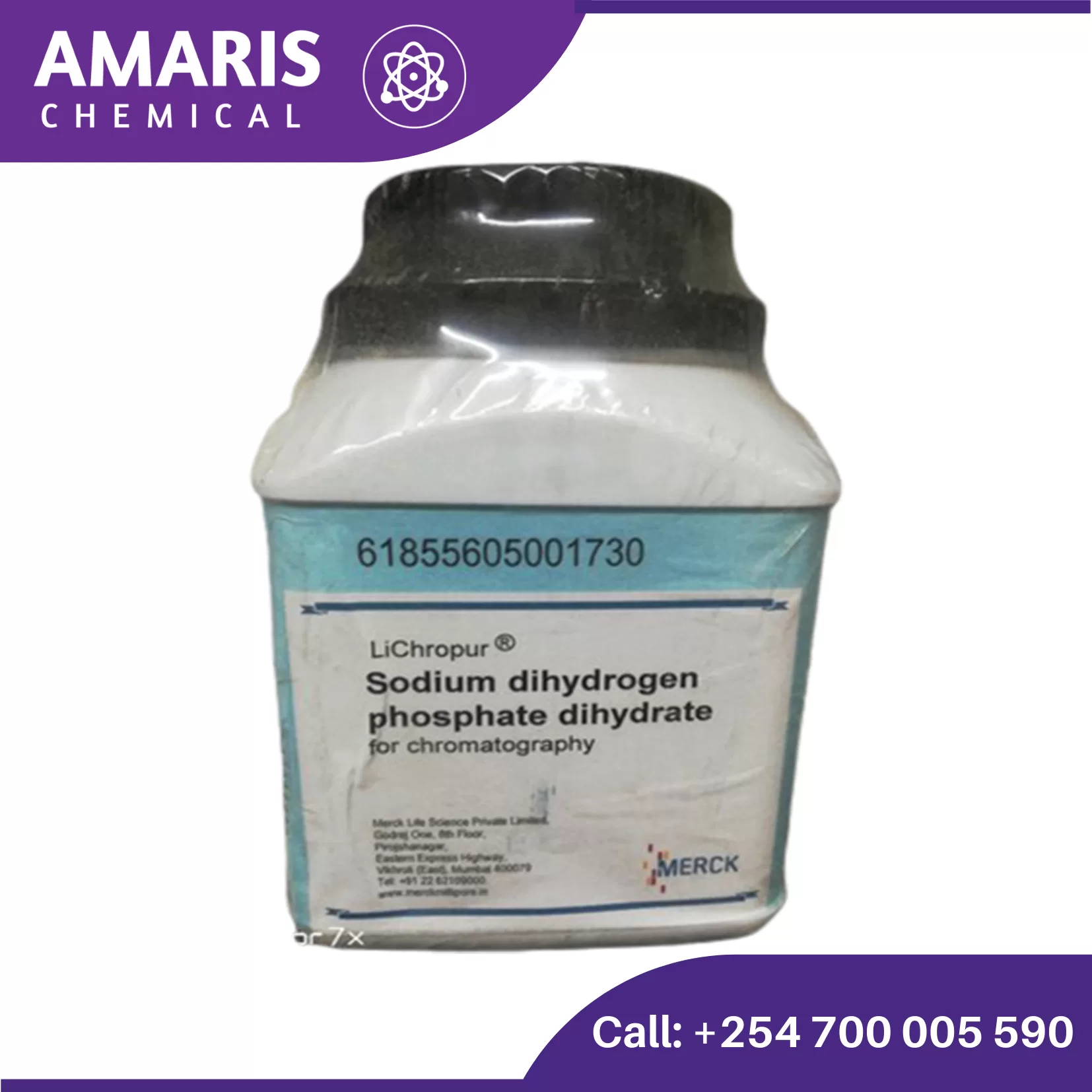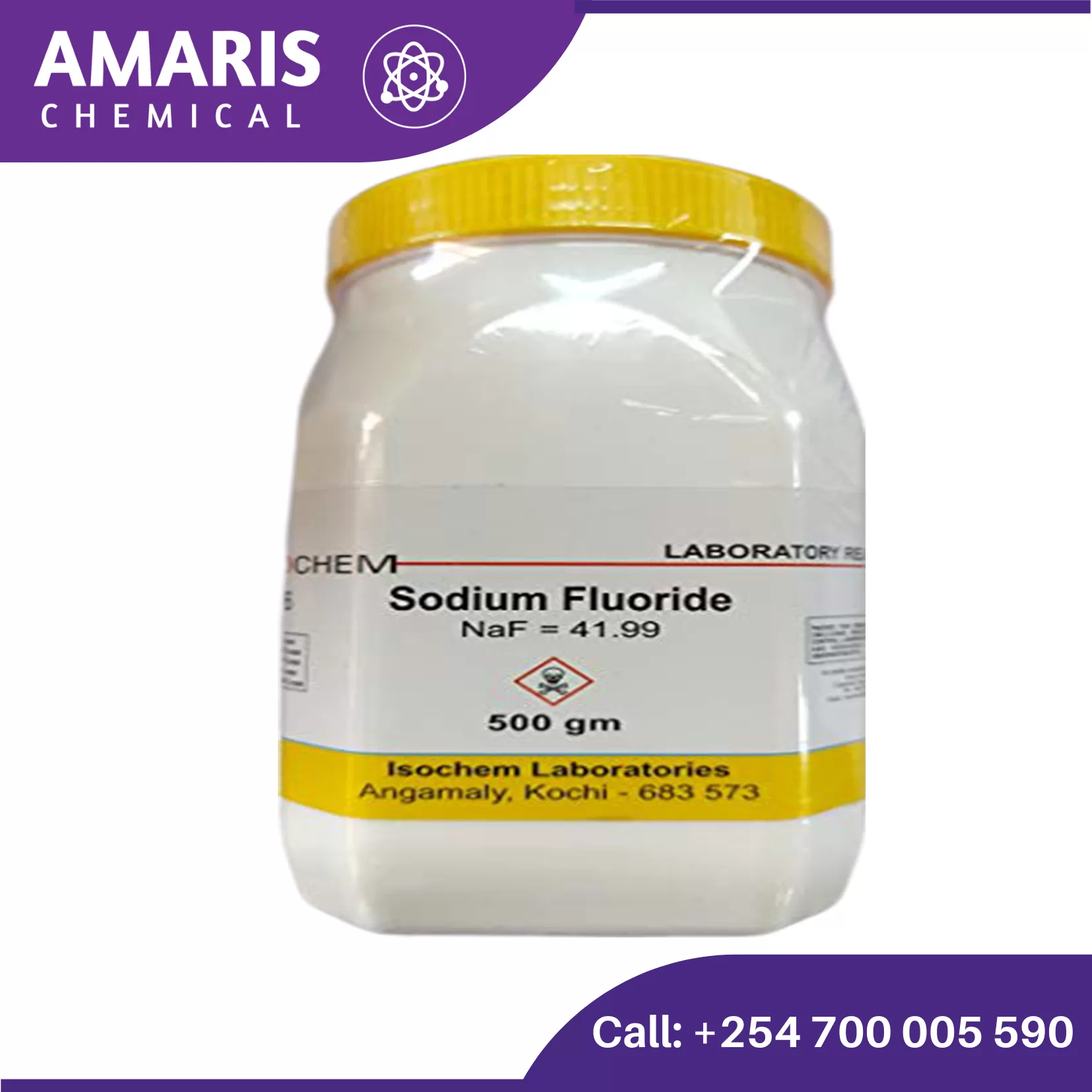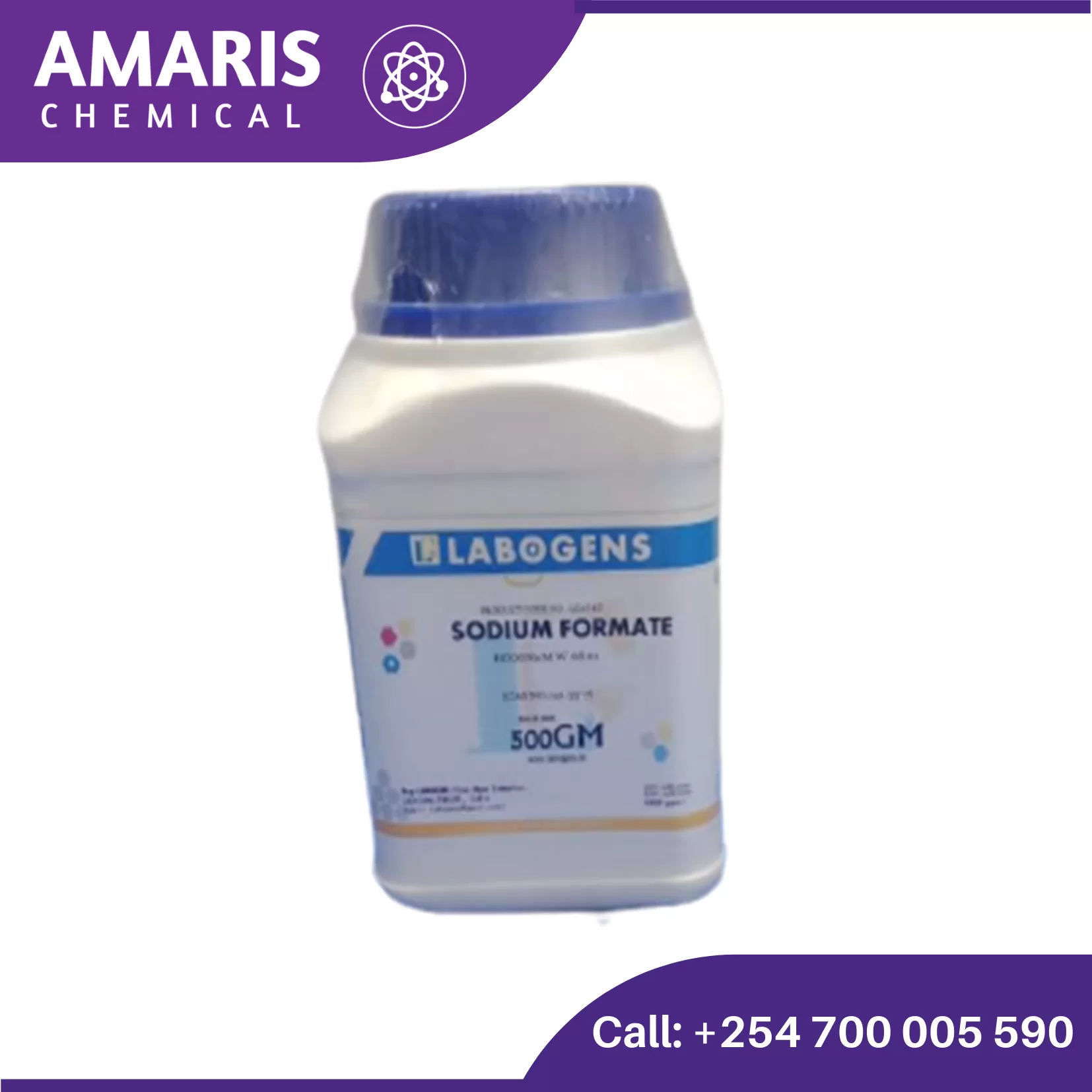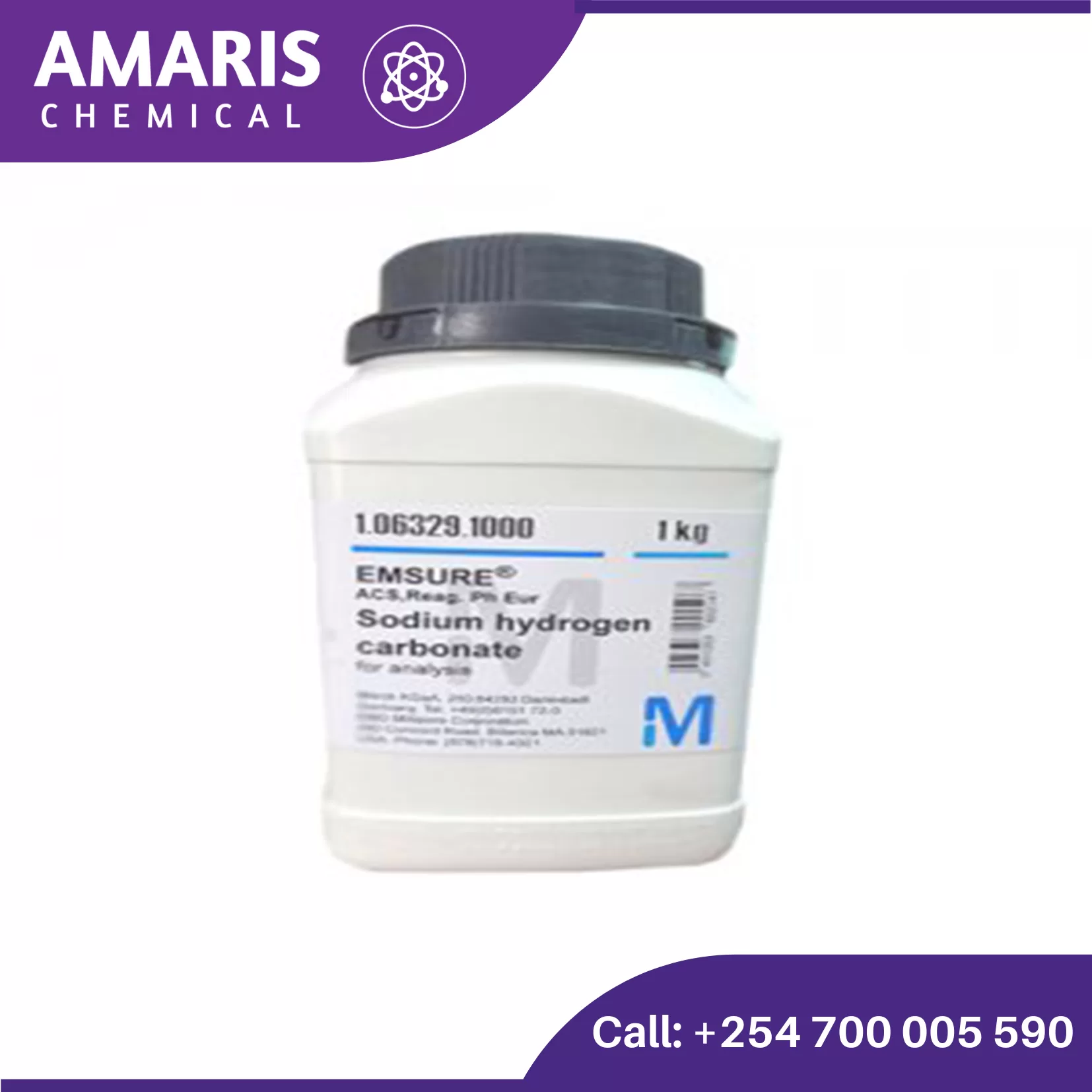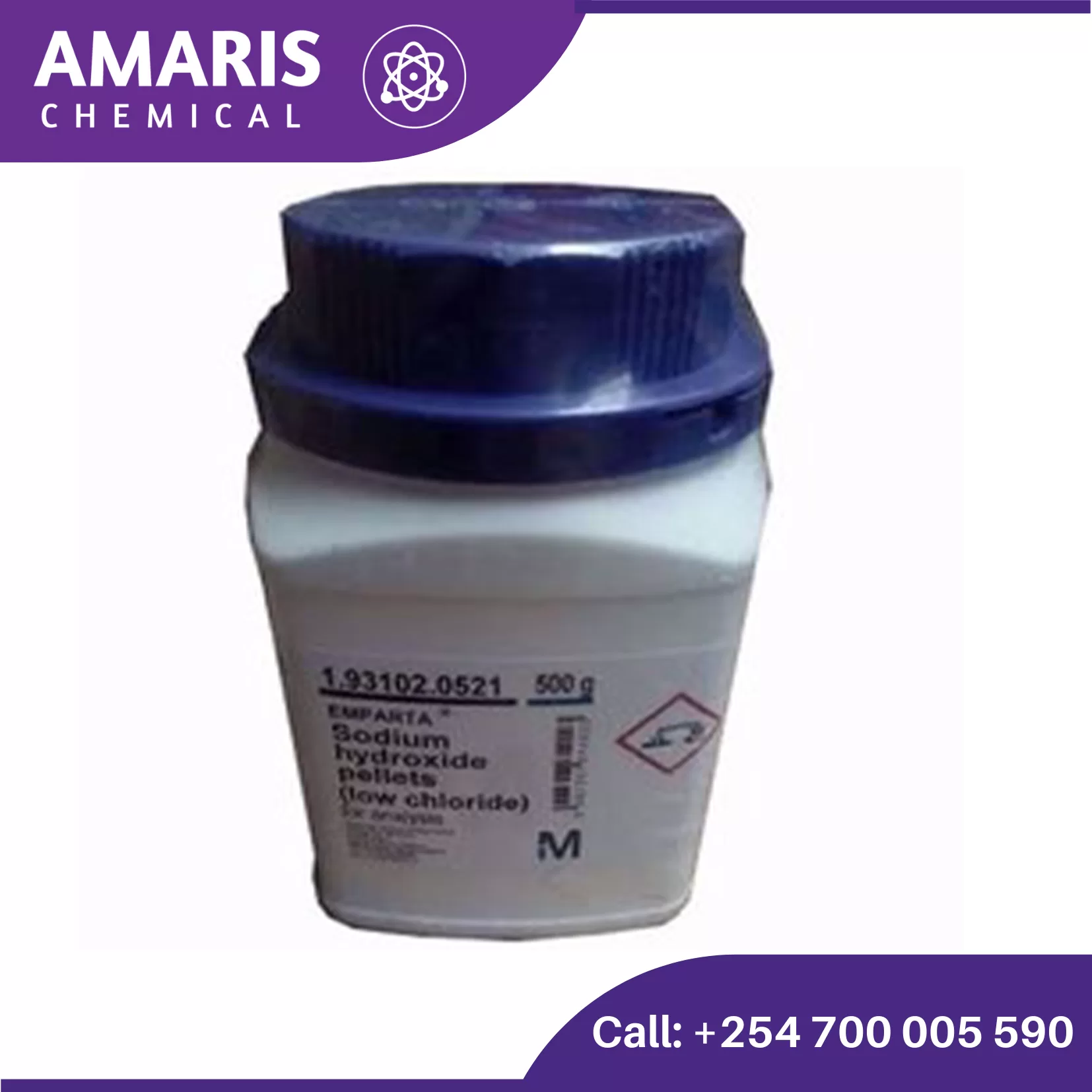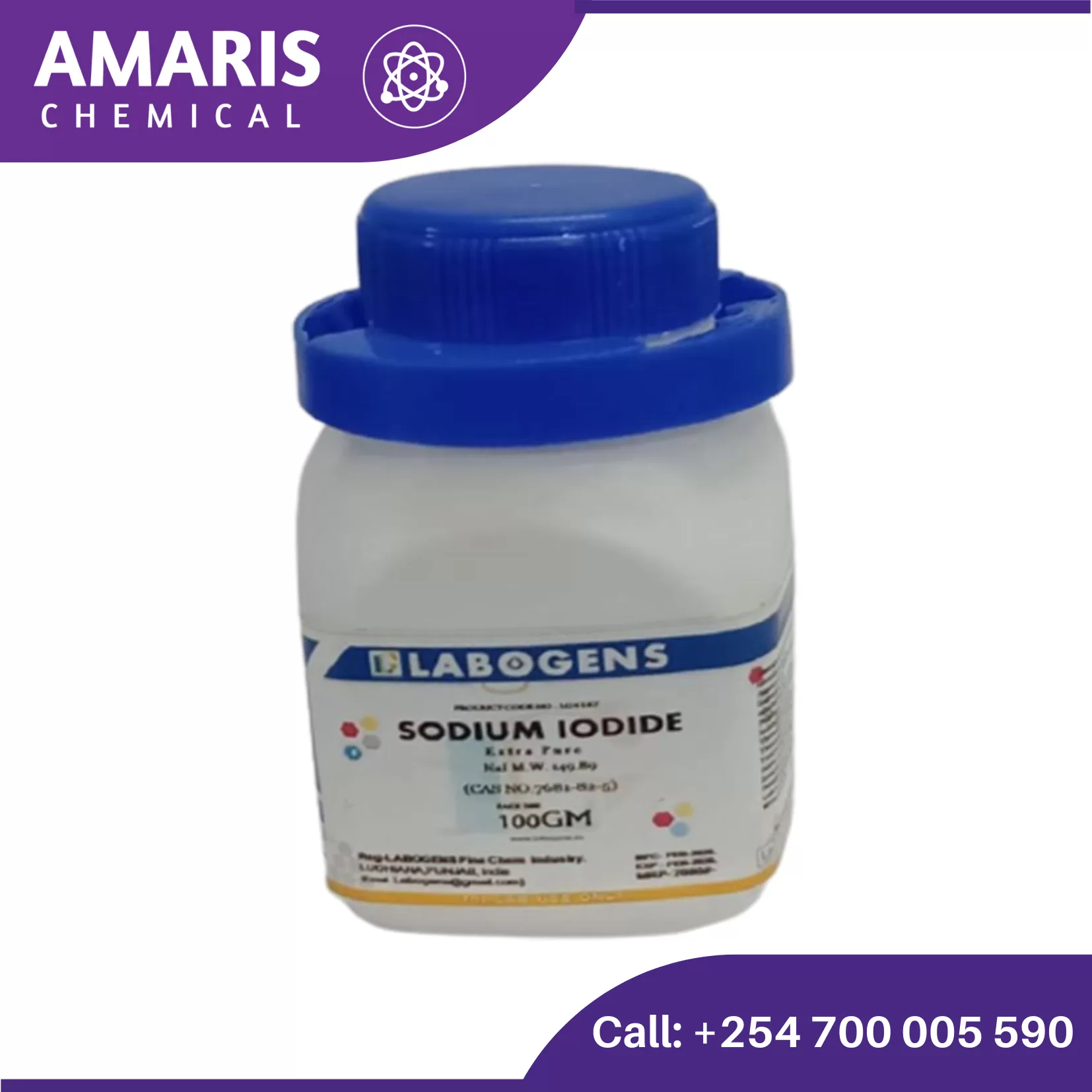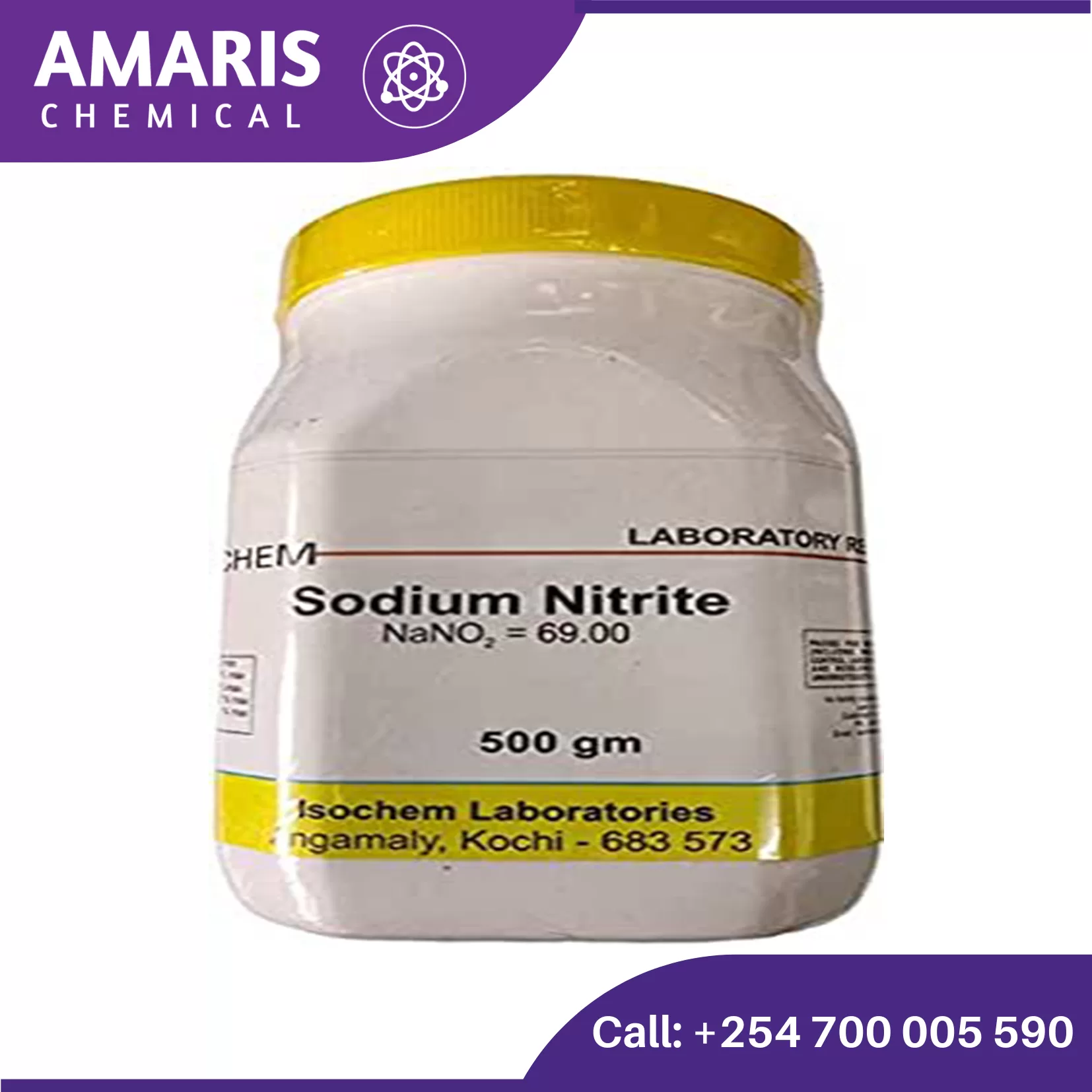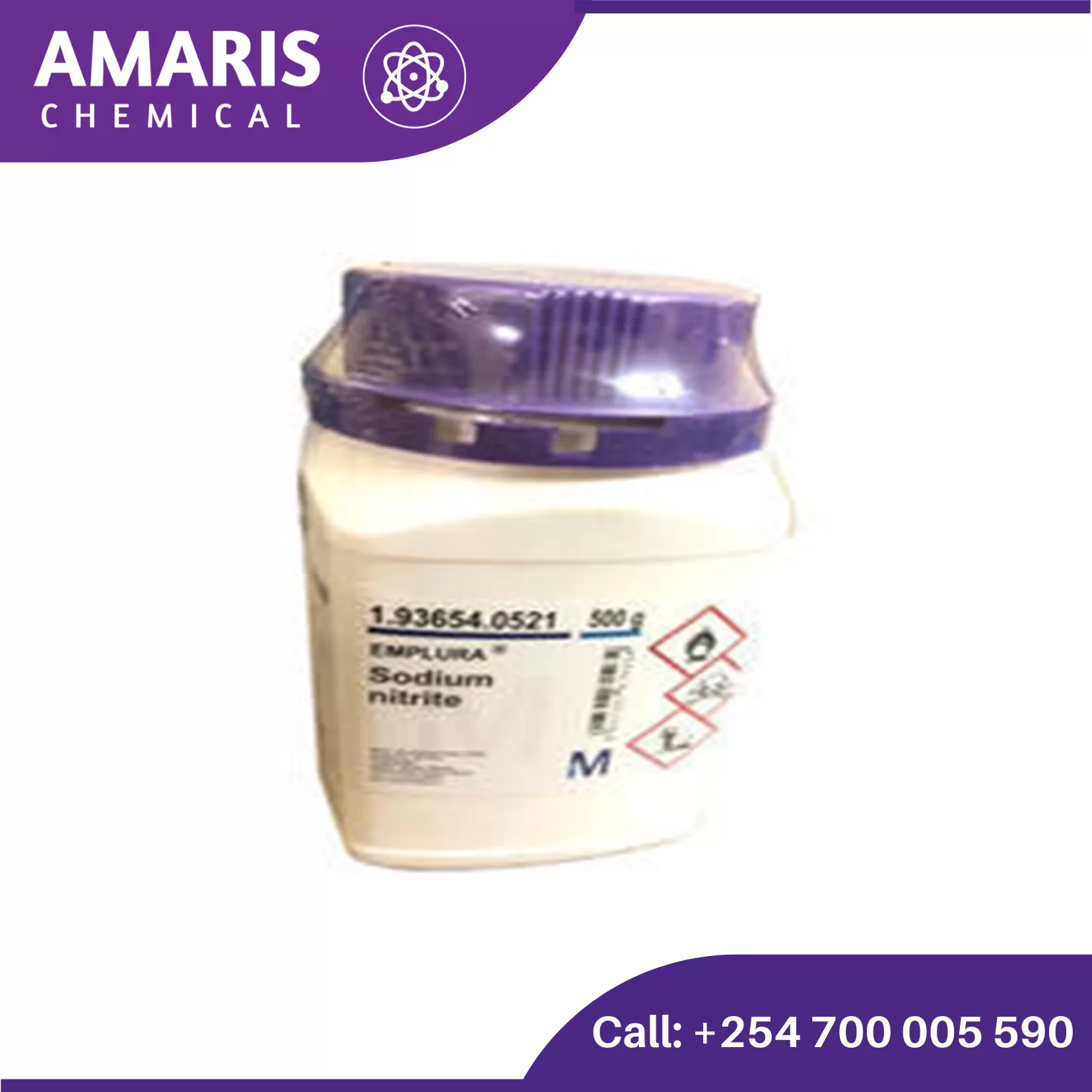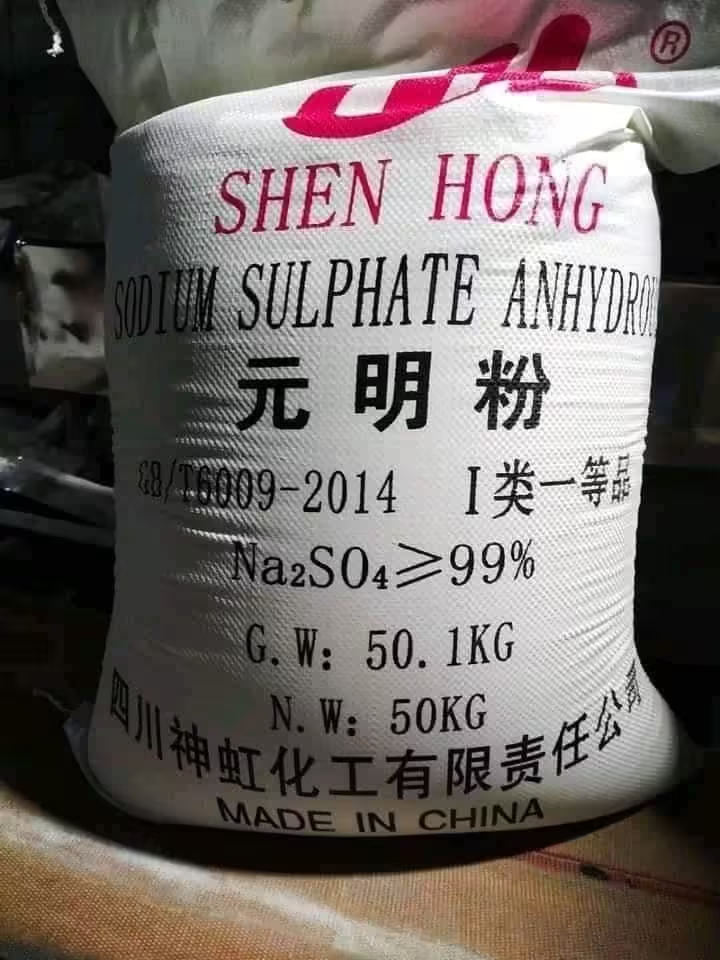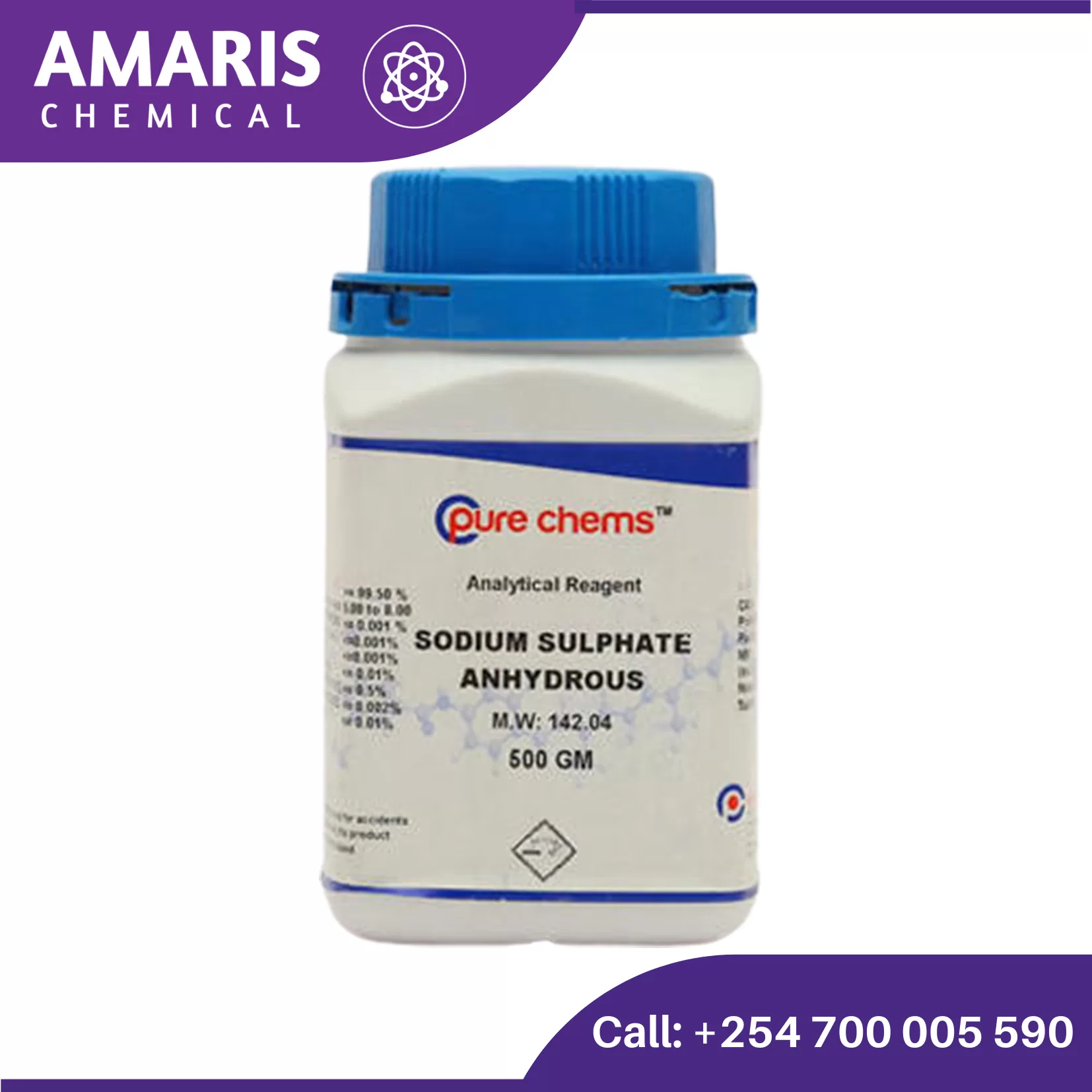Sodium Carbonate Anhydrous 500gm
Acidulants, Analytical Reagents, Builders, Finishing Agents, PH Adjusters, Soil Conditioners, Solvents
Sodium carbonate soda ash light is a refined form of sodium carbonate, which is a white, crystalline compound with the chemical formula Na2CO3. It is called "light" because it has a lower density compared to other forms of sodium carbonate.
Soda ash light is primarily used in industrial and commercial applications, including glass manufacturing, water treatment, detergent production, and as a pH regulator in various chemical processes. It is known for its alkaline properties and its ability to effectively neutralize acidic substances.
Sodium Chloride 500gm
Analytical Reagents, Builders, Coagulants and Flocculants, Excipients, Flavor Enhancers, PH Adjusters, Preservatives
Sodium chloride, also commonly known as table salt or halite, is a chemical compound with the formula NaCl. It is an ionic compound formed from sodium (Na+) and chloride (Cl-) ions. Sodium chloride is essential for many biological processes and has numerous applications in various fields.
Here's a breakdown of key aspects of sodium chloride:
Properties:
- Appearance: White crystalline solid at room temperature
- Odor: Odorless
- Solubility: Highly soluble in water
- Melting point: 801 °C (1474 °F)
- Boiling point: 1465 °C (2669 °F)
Sodium Fluoride 500gm
Sodium Formate 500gm
I find sodium formate to be quite versatile. It’s a white, crystalline powder that’s often used in de-icing products and as a buffering agent. I appreciate its effectiveness in adjusting pH levels and its role in the leather tanning industry. Its water solubility makes it particularly useful in various industrial processes. Overall, I think it’s a valuable chemical with a wide range of applications.
Sodium Hydrogen Carbonate 500gm
Sodium Hydrogen Carbonate, commonly known as baking soda, is a versatile chemical compound with the formula NaHCO₃. It appears as a white, crystalline powder with a slightly alkaline taste. It’s widely used in baking as a leavening agent, helping dough rise by producing carbon dioxide gas when it reacts with an acid. Beyond baking, it has various applications including cleaning, deodorizing, and neutralizing acids. In personal care, it's used in toothpaste and antacids. I appreciate its multifunctional uses and effectiveness in both kitchen and household tasks.
Sodium Hydroxide Pearls 500gm
Analytical Reagents, Builders, Coagulants and Flocculants, Drilling Fluids, Excipients, Finishing Agents, PH Adjusters
Sodium Hydroxide Pearls are small, solid beads of sodium hydroxide, a strong alkaline compound. They are commonly used in industrial applications, including cleaning, pH regulation, and chemical synthesis. The pearls dissolve easily in water, forming a highly caustic solution that can handle a variety of tasks, from de-greasing surfaces to adjusting the acidity of solutions. They require careful handling due to their corrosive nature and can cause severe chemical burns if not used properly.
Sodium Iodide 100gm
Active Pharmaceuticals Ingredients, Analytical Reagents, Disinfectants and Biocides, Microbiology and Cell Culture Reagents
Sodium iodide is a chemical compound with the formula NaI. It appears as a white, crystalline solid and is highly soluble in water. Sodium iodide is often used in medical imaging as a tracer, in the manufacture of iodine-containing compounds, and in certain laboratory applications. It can also be used as a dietary supplement to prevent iodine deficiency. In its pure form, it's generally considered safe, but it should be handled with care to avoid ingestion or inhalation of dust.
Sodium Nitrite 500gm
Sodium nitrite (NaNO2) is an inorganic compound composed of sodium and nitrite ions. It appears as a white to slightly yellowish crystalline powder and is highly soluble in water. Sodium nitrite is commonly used as a food preservative and color fixative in meats and fish, as it inhibits the growth of bacteria and maintains the red-pink color of cured products. In addition to its use in the food industry, sodium nitrite serves various roles in industrial processes, such as in the manufacturing of dyes, rubber chemicals, and pharmaceuticals. It also finds applications in wastewater treatment and corrosion inhibition. However, sodium nitrite must be handled with care due to its toxic and potentially carcinogenic properties when ingested in large quantities.
Sodium Sulphate anhydrous 25kg
Sodium sulfate (chemical formula: Na₂SO₄) is an inorganic compound widely used in various industries. Here’s a detailed overview of sodium sulfate:
Properties
- Molecular Formula: Na₂SO₄
- Molar Mass: 142.04 g/mol
- Appearance: White crystalline solid
- Solubility: Highly soluble in water
- Density: 2.68 g/cm³ (anhydrous), 1.464 g/cm³ (decahydrate)
- Melting Point: 884 °C (anhydrous)
- Boiling Point: Decomposes before boiling (anhydrous)
Types
- Anhydrous Sodium Sulfate: Often referred to as the mineral thenardite.
- Decahydrate Sodium Sulfate: Known as Glauber's salt (Na₂SO₄·10H₂O).
Sodium Sulphate Anhydrous 500g
Sodium sulfate anhydrous, also known as anhydrous sodium sulfate or disodium sulfate, is a chemical compound with the formula Na2SO4. It is a white, crystalline powder that is soluble in water.
Here are some key properties of sodium sulfate anhydrous:
- Chemical formula: Na2SO4
- Appearance: White, crystalline powder
- Odor: Odorless
- Solubility: Soluble in water, insoluble in most organic solvents
- Melting point: 884 °C (1623 °F)
- Boiling point: 1400 °C (2552 °F)
- Hygroscopic: Yes (absorbs moisture from the air)

